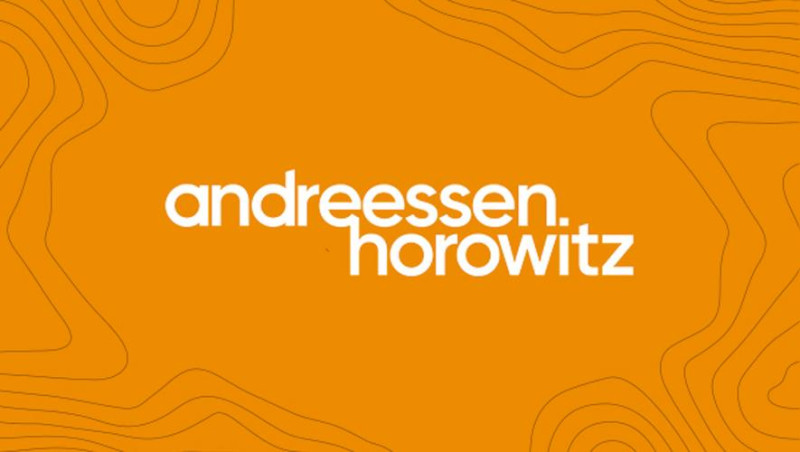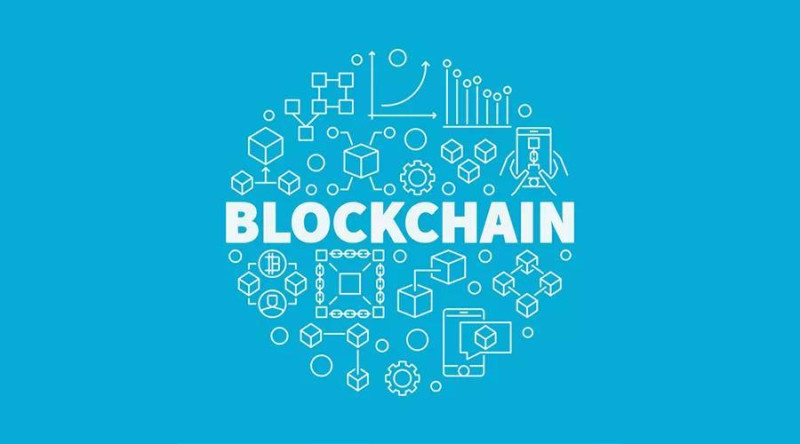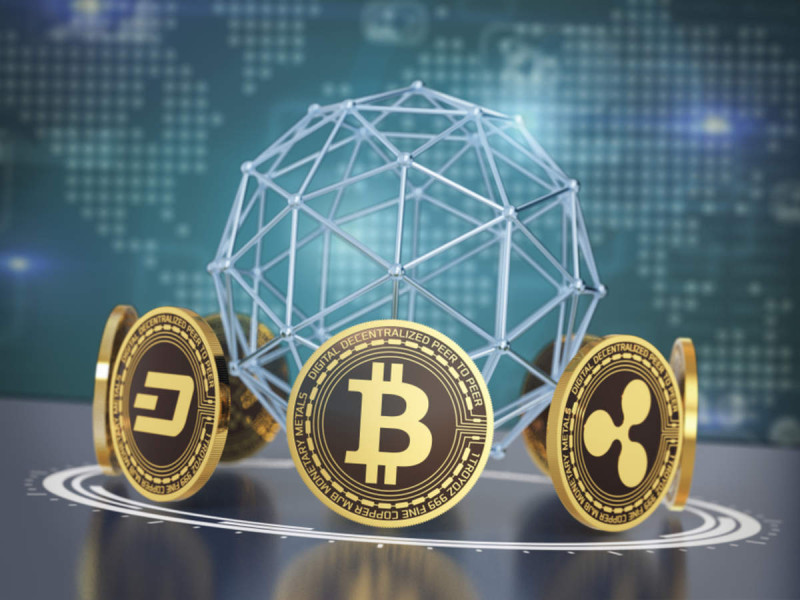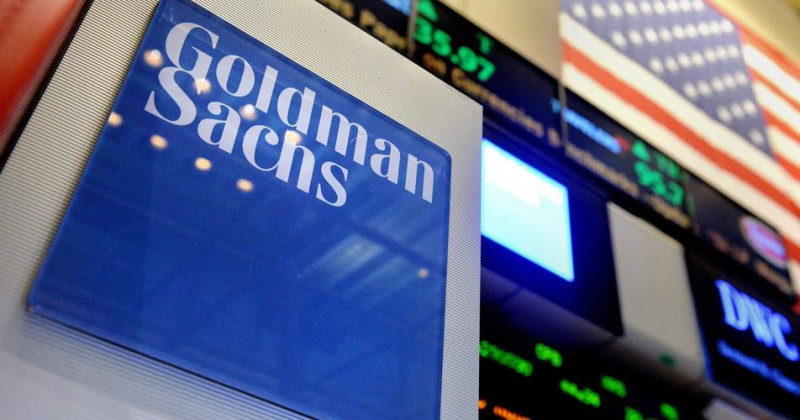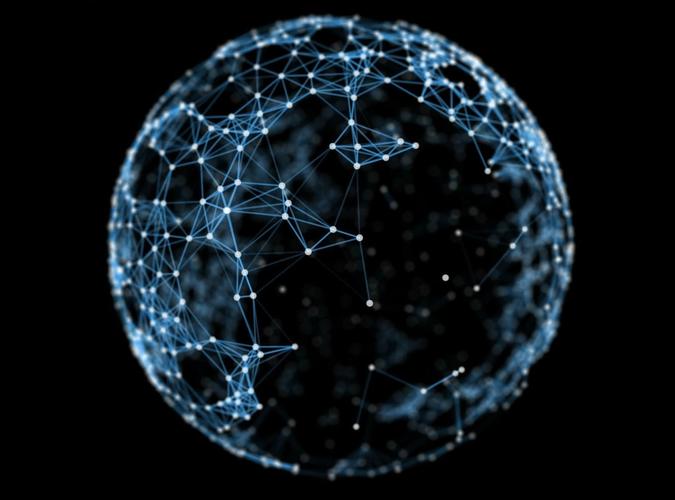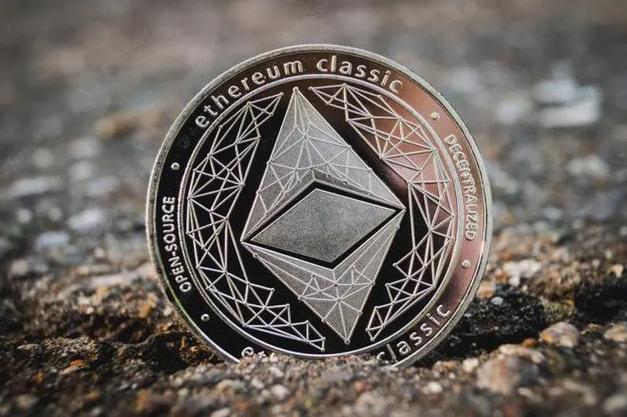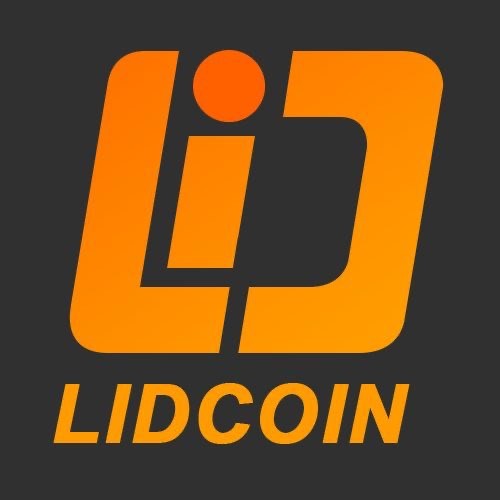Poccoin: Prospects of Block chain Technology in the Healthcare Industry
Abstract: The application prospects of blockchain technology in the healthcare industry are promising. It can address issues related to the privacy and security of medical data, and enhance the efficiency of data sharing and circulation. Through blockchain, healthcare institutions and patients can achieve secure, transparent, and traceable electronic health record management, promoting interoperability and optimization of healthcare services. This article explores the application prospects of blockchain in healthcare, supported by verifiable and query-able real-life cases.

Challenges in Healthcare: The healthcare industry faces numerous challenges, one of which is the privacy and security of medical data. Traditional methods of managing medical data are fraught with issues like data leaks, tampering, and difficult access, limiting the flow and sharing of medical information. However, the advent of blockchain technology brings new hope to the healthcare industry. With its decentralized, immutable, and traceable features, block chain provides robust support for the management and sharing of medical data.
1.Application Prospects of Blockchain in Healthcare 1.1 Data Privacy and Security: Blockchain technology, through decentralization and encryption algorithms, can protect the privacy and security of medical data. Every modification to the data is recorded on the blockchain, making it impossible for anyone to tamper with the data, thereby ensuring its integrity and credibility.
1.2 Electronic Health Record Management: Blockchain can offer healthcare institutions and patients secure, transparent, and traceable electronic health record management. Patients' health data is stored on the block chain and accessed through smart contracts. Healthcare institutions can obtain real-time patient medical history, improving the efficiency and quality of healthcare services.
1.3 Drug Traceability and Supply Chain Management: Blockchain can enable traceability and management of the drug supply chain. Every step of drug production, circulation, and sale is recorded on the blockchain, ensuring the authenticity and safety of the drugs. Patients can scan QR codes on medications to understand their origin and quality.
2.Real-life Cases: Application of Blockchain in Healthcare To validate the application prospects of blockchain in healthcare, here are some query-able and verifiable real-life cases.
2.1 Medical chain: Medical chain is a blockchain-based platform for medical data exchange. It uses blockchain to protect patients' privacy and security while enabling data sharing and circulation. Patients can authorize healthcare institutions to access their electronic health records and control data access through smart contracts. Use-cases for Medical chain include telemedicine, electronic prescriptions, and medical data sharing.
2.2 Nebula Genomics: Nebula Genomics is a company that uses blockchain for genomic research. They protect individual genetic data privacy and security through block chain and encourage individuals to contribute their genetic data for scientific research. With blockchain technology, Nebula Genomics allows individuals to control their genetic data and choose to share it with research institutions to advance scientific studies.
2.3 Tierion: Tierion is a platform that uses blockchain technology to create and verify data. This platform can be used for data verification and auditing in the healthcare industry. Healthcare institutions can use Tierion to create and store timestamps for medical data, ensuring its immutability and traceability. This is crucial for the integrity and compliance of medical records.
Conclusion: The application prospects of blockchain technology in the healthcare industry are promising. It can solve issues related to medical data privacy and security while enhancing the efficiency of data sharing and circulation. Through blockchain, healthcare institutions and patients can achieve secure, transparent, and traceable electronic health record management, promoting interoperability and optimization of healthcare services. The real-life cases mentioned above validate the practical application and potential of blockchain technology in healthcare. As blockchain technology continues to develop and mature, it is expected to bring more innovation and improvements to the healthcare industry.
Disclaimer: The copyright of this article belongs to the original author. Reposting this article is solely for the purpose of information dissemination and does not constitute any investment advice. If there is any infringement, please contact us immediately. We will make corrections or deletions as necessary. Thank you.
